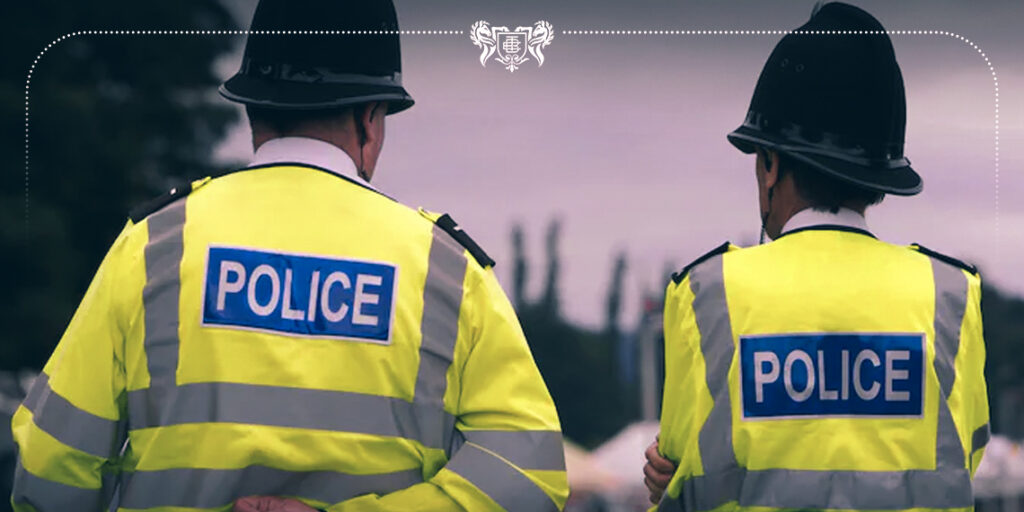By the end of the decade, police officers and other middle-income professionals could find themselves in the higher tax bracket due to what analysts describe as a “stealth tax” under consideration by Chancellor Rachel Reeves.
The Chancellor is reportedly weighing a plan to extend the freeze on tax-free personal allowances—currently set at £12,570—until 2029, which could push professionals like police officers, accountants, and civil engineers into the 40% tax bracket as incomes gradually rise.
Labour’s proposal would extend a freeze initially set by the Conservative government to last until 2028. Critics argue that the move, which would delay the adjustment of personal allowances for inflation, unfairly penalizes essential workers.
Former Conservative leader Sir Iain Duncan Smith condemned the freeze, calling it a “stealth tax” on hardworking citizens and a hidden penalty on ambition and public service.
Richard Tice, deputy leader of Reform UK, highlighted that extending the freeze would compound the financial strain on police officers amid other challenges they face.
Tice criticised the government for what he described as financial neglect of the force, alongside its reliance on the Independent Office for Police Conduct, which he argued is ineffective and should be reformed.
Labour maintains that freezing the personal allowance threshold does not violate its manifesto commitment not to raise taxes on “working people,” usually understood to exclude increases in income tax and National Insurance.
However, an extended freeze on the threshold could reduce the take-home pay for professionals whose earnings would typically be subject to the basic 20% tax rate, according to Telegraph analysis.


